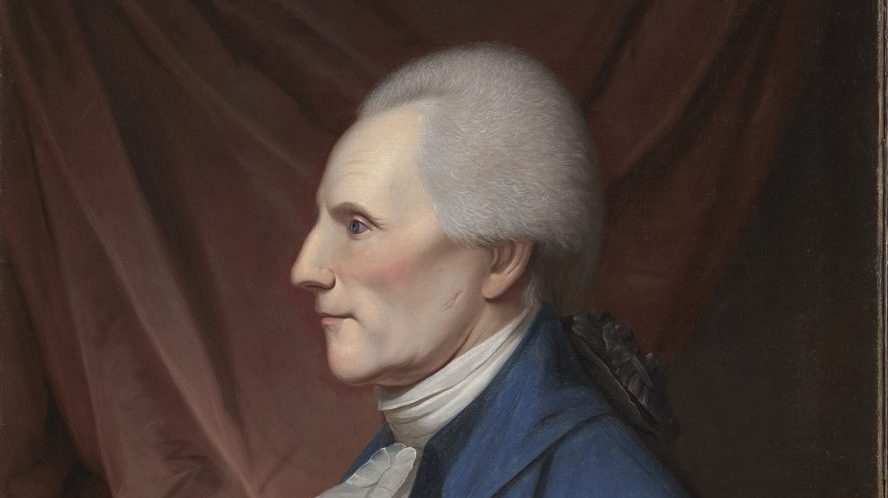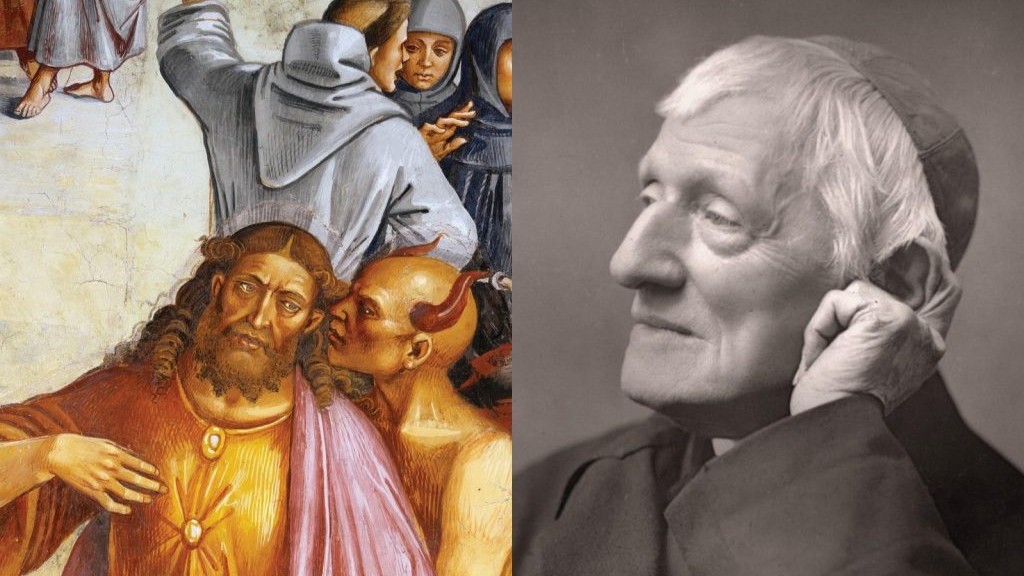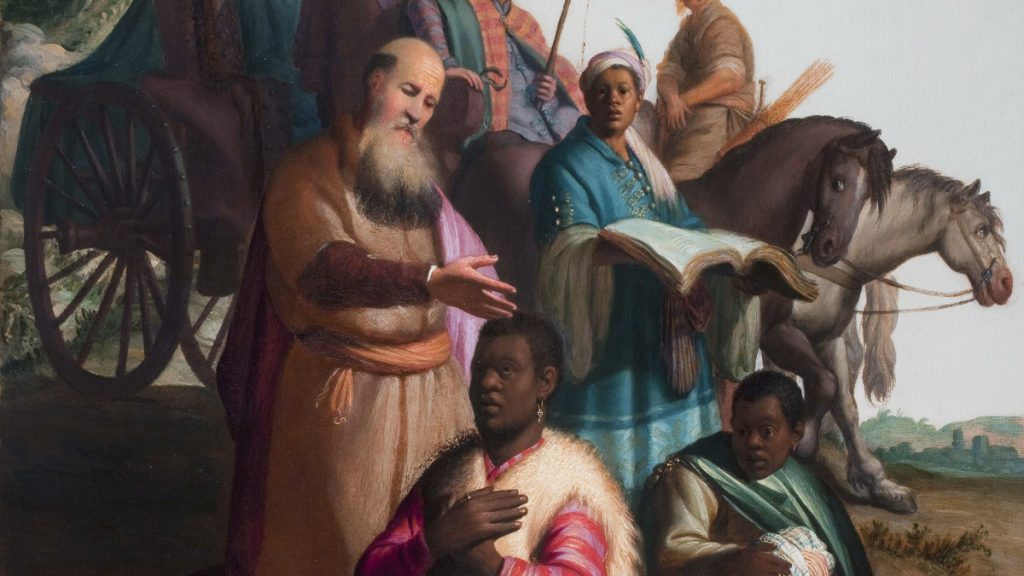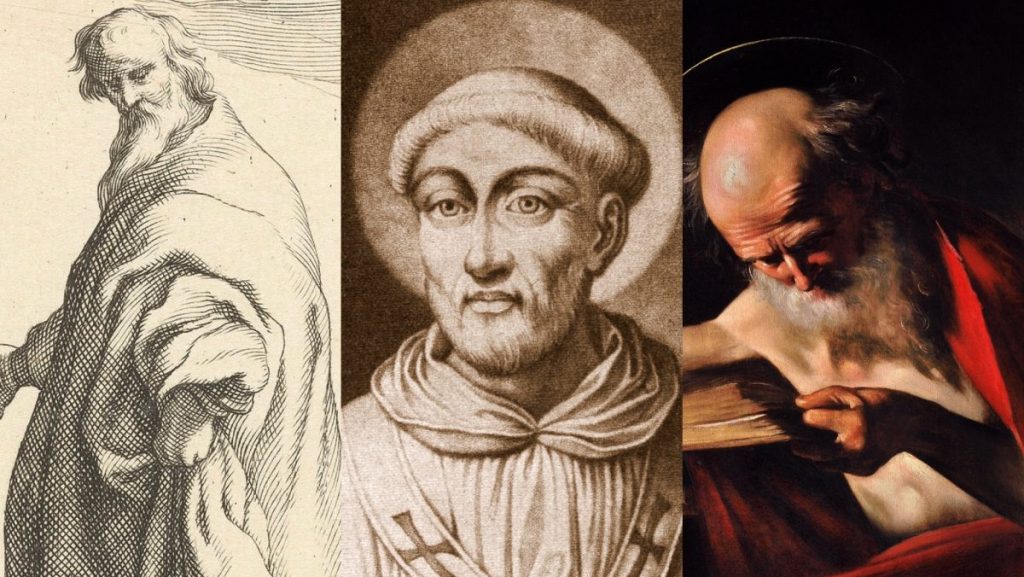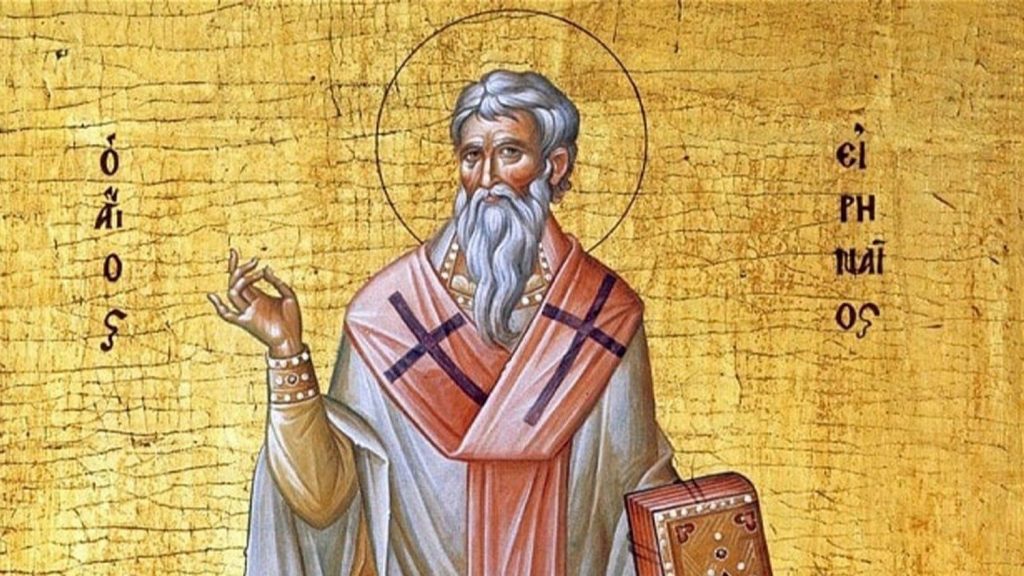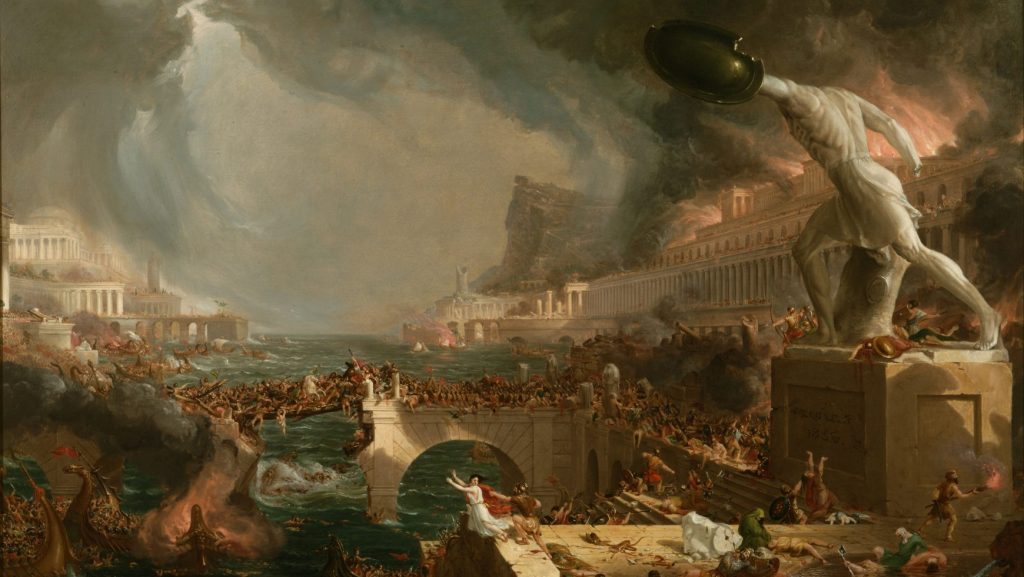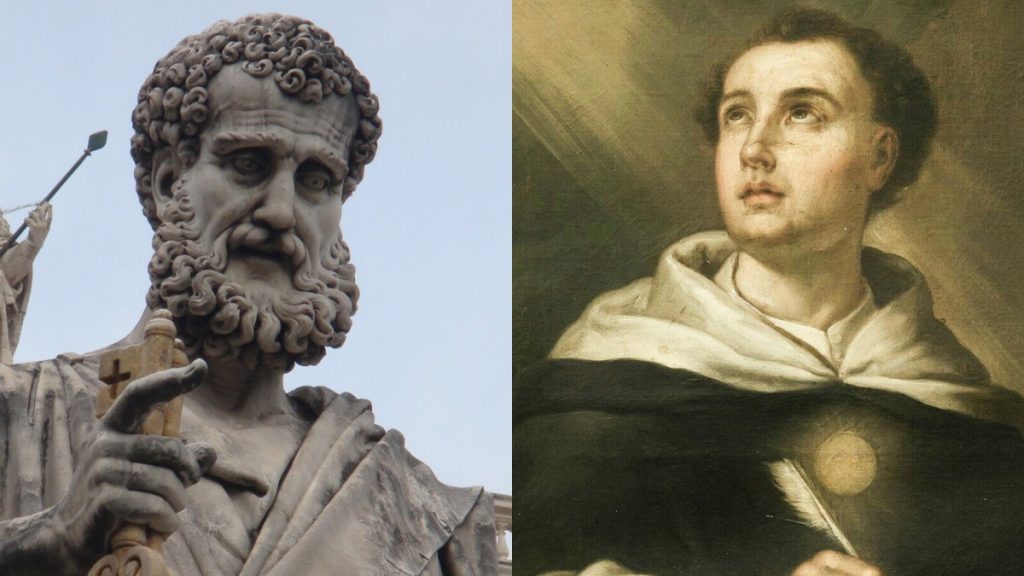(Updated June 24, 2025)
Richard Henry Lee (1732-1794) was an American Founder who is most famous for the “Lee Resolution” calling for the independence of the American colonies from Great Britain. He was a signer of the Declaration of Independence and the Articles of Confederation, and served the sixth President of the Confederation Congress, and as a United States Senator for Virginia (1789-1792).
Next to each quote are the Topic Quote Archives in which they are included.
This Quote Archive is being continuously updated as research continues. Quotes marked with “***” have not yet been organized into their respective Topic Quote Archives.
Writings
Richard Henry Lee, The Federal Farmer, No. IV (October 12, 1787)
It is true, we are not disposed to differ much, at present, about religion; but when we are making a constitution, it is to be hoped, for ages and millions yet unborn, why not establish the free exercise of religion, as a part of the national compact.
Letters
Richard Henry Lee, To James Madison (November 26, 1784)
Refiners may weave as fine a web of reason as they please, but the experience of all times shows Religion to be the guardian of morals—and he must be a very inattentive observer in our Country, who does not see that avarice is accomplishing the destruction of religion, for want of a legal obligation to contribute something to its support. The declaration of Rights, it seems to me, rather contends against forcing modes of faith and forms of worship, than against compelling contribution for the support of religion in general. I fully agree with the Presbyterians, that true freedom embraces the Mahometan [Muslim] and the Gentoo [Hindu] as well as the Christian religion. And upon this liberal ground I hope our Assembly will conduct themselves.
Richard Henry Lee, To Samuel Adams (March 14, 1785)1
Whether in public or in private life it seems most becoming wise men in the time of victory and success, to practice the virtues of Magnanimity and Justice, to avoid the display of irascible passions, by effectually “burying the hatchet” as our Aborigines express the idea. Without this philosophic temper, what would become of mankind governed as they too generally are by tyrants whose caprice forceth nations into war? Endless carnage and evil without bounds 342 | 343 must be the result…And I think that the Christian philosophy, in tenderness for human infirmities strongly inculcates principles of mutual forgiveness and benevolence.
